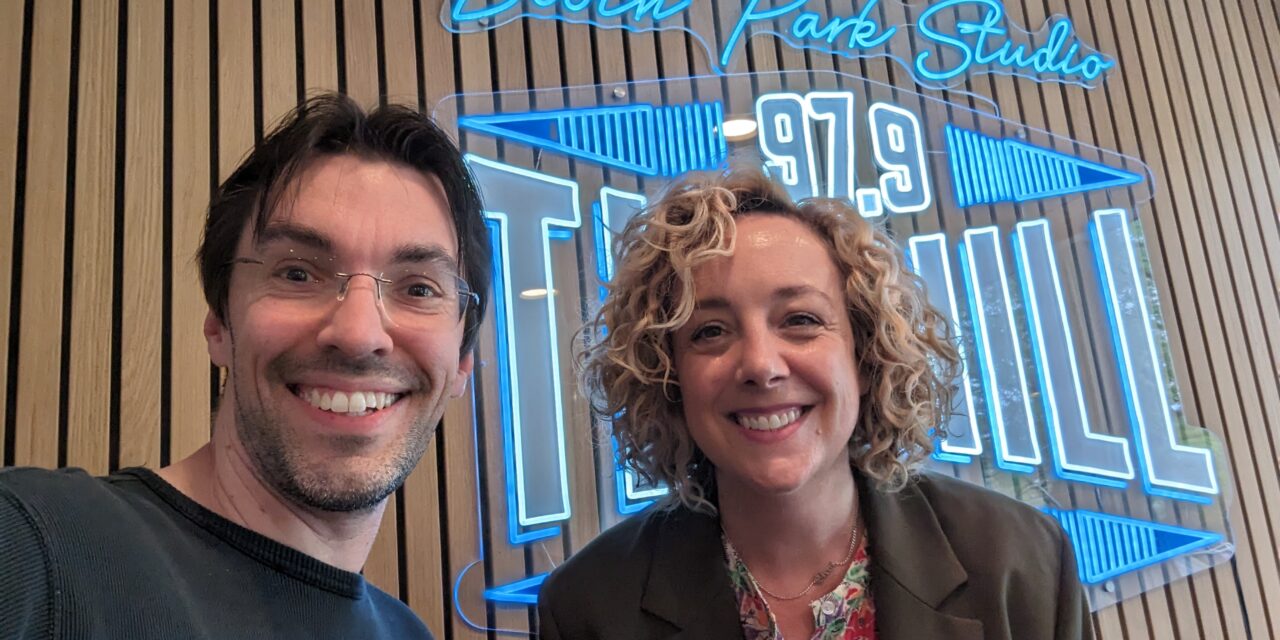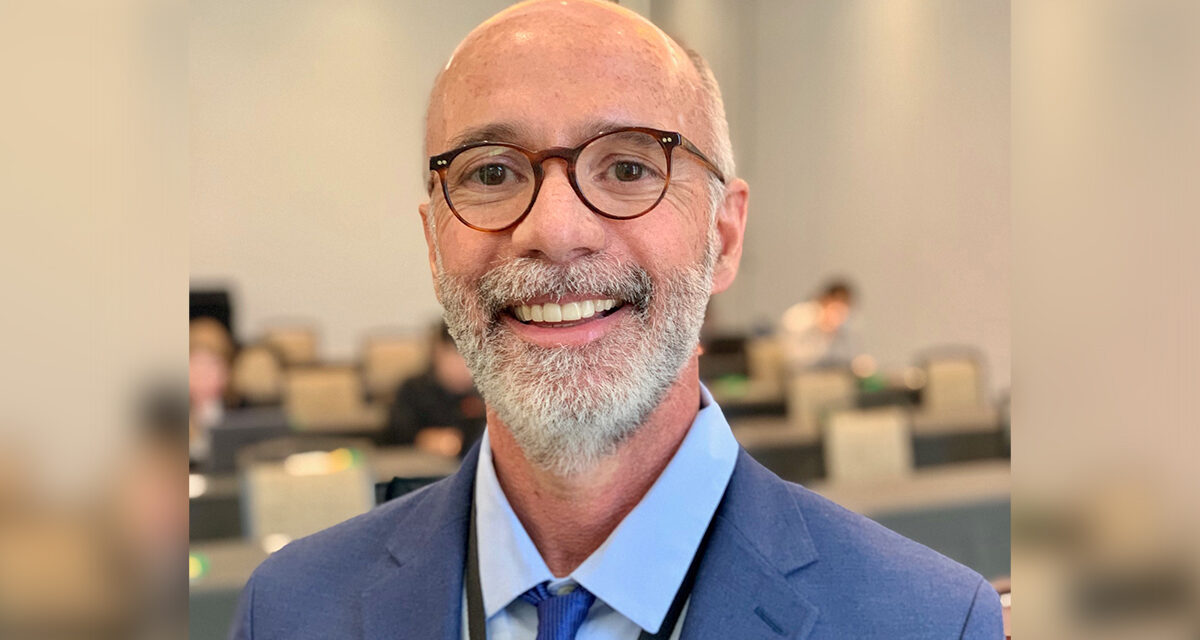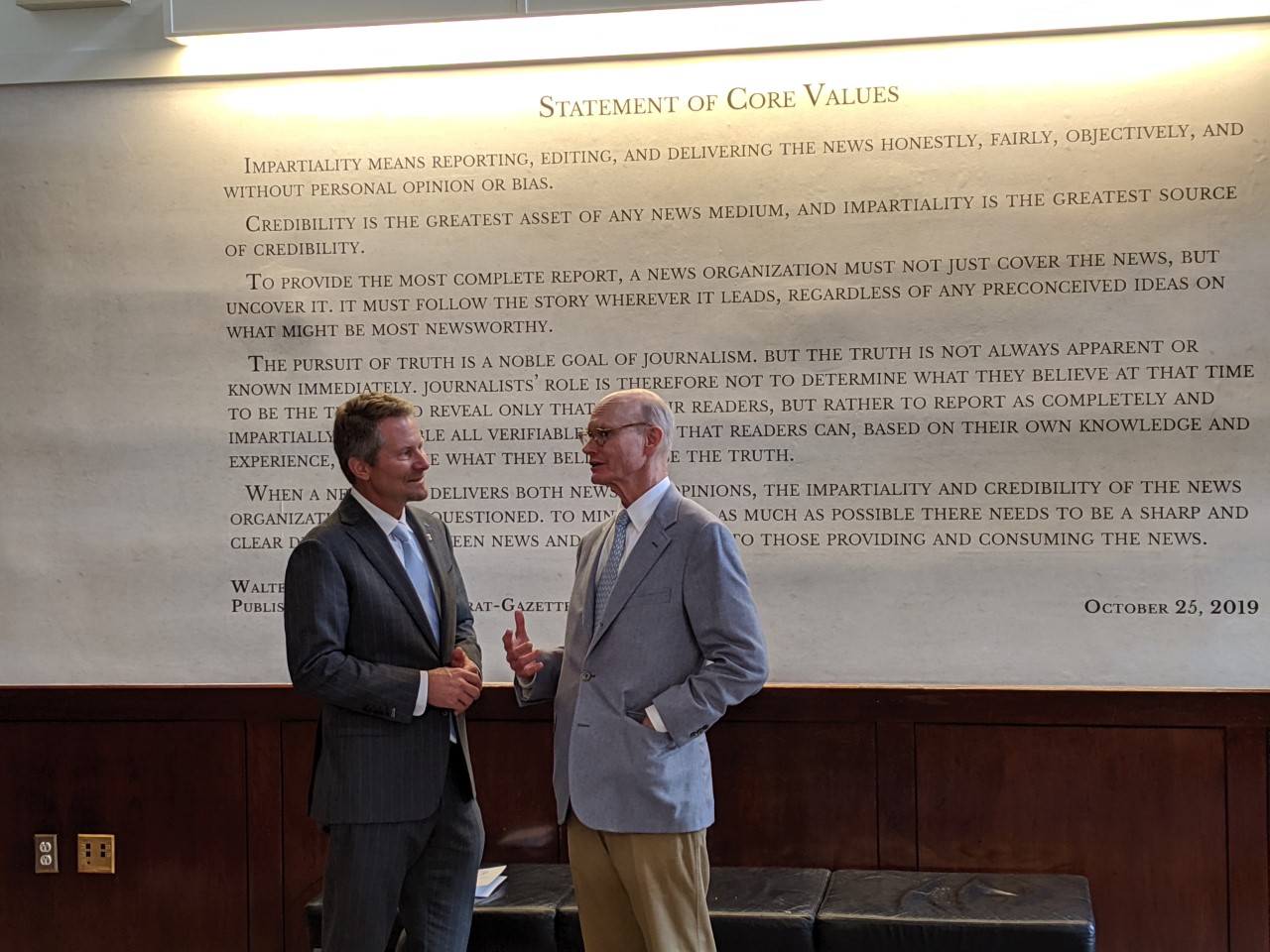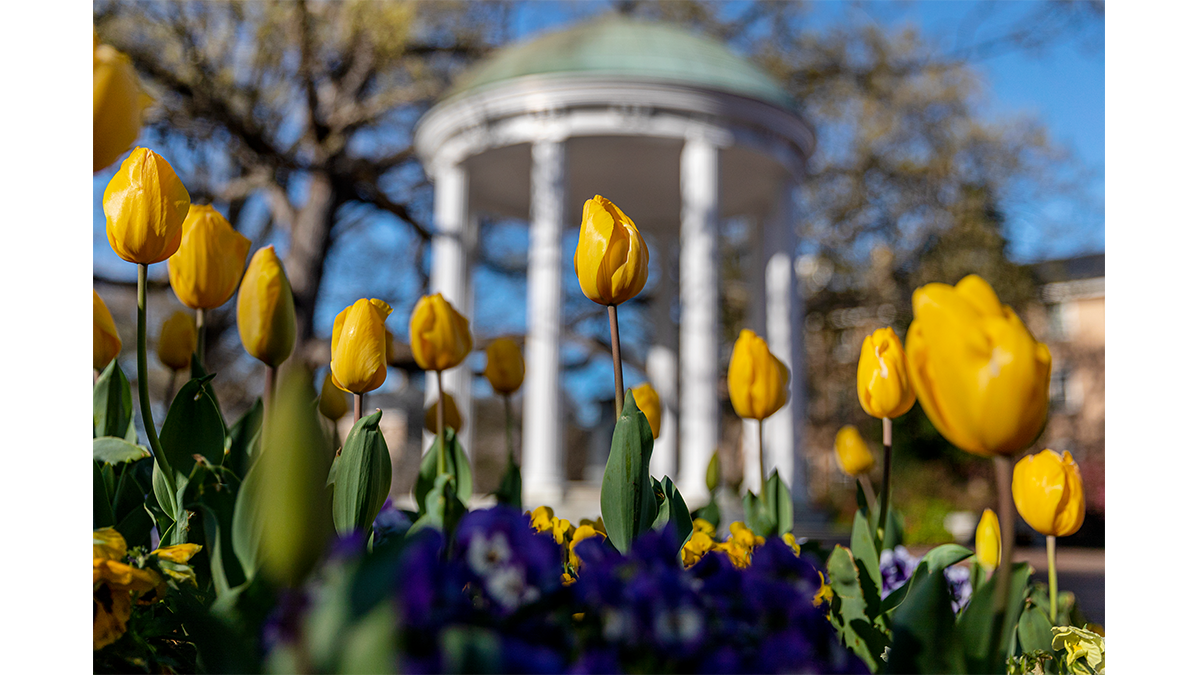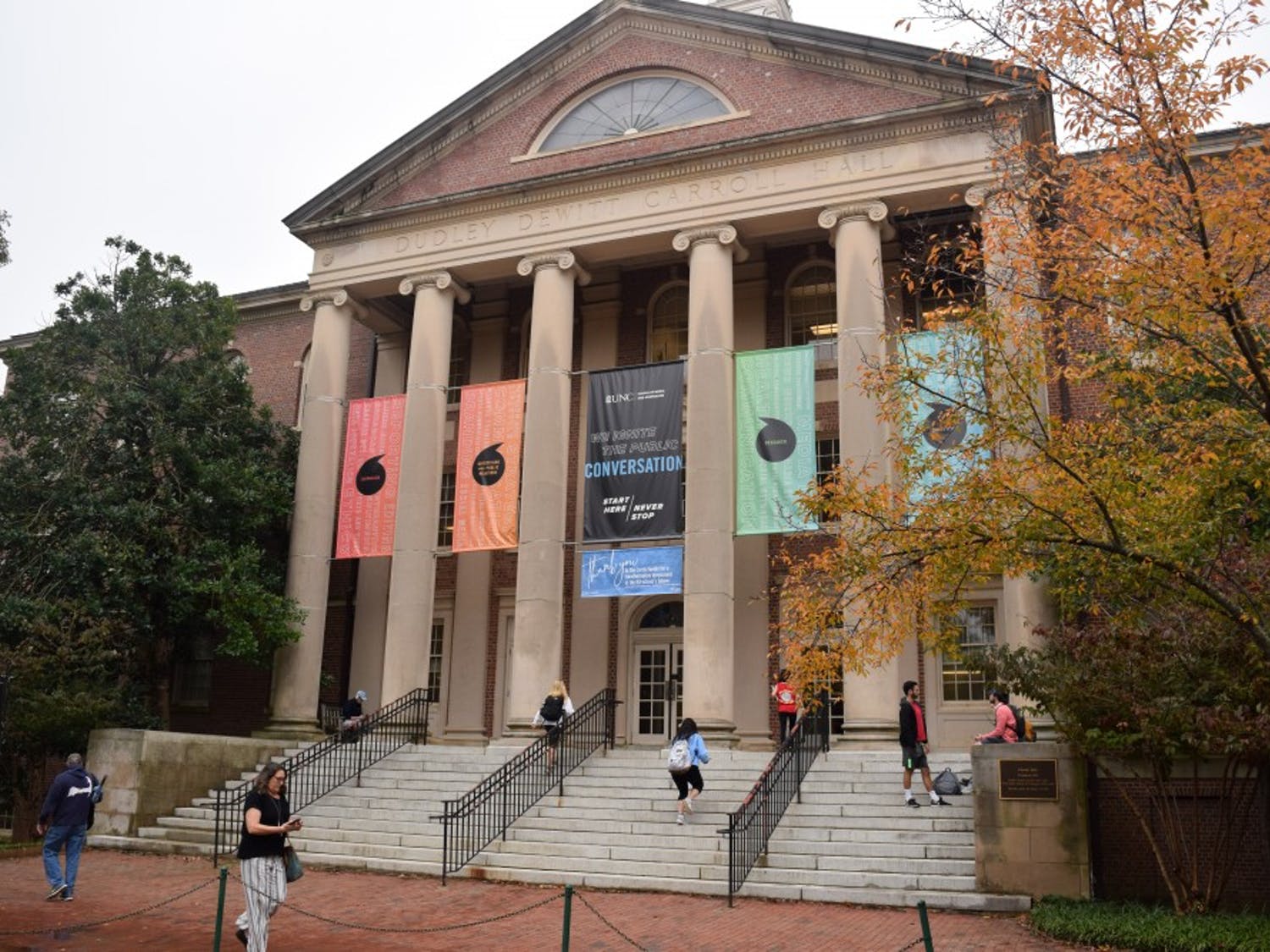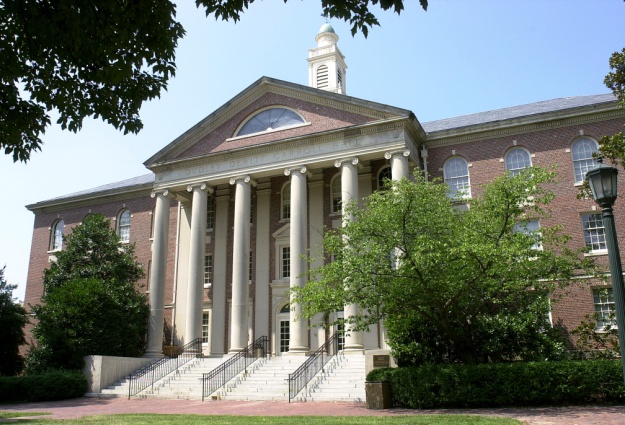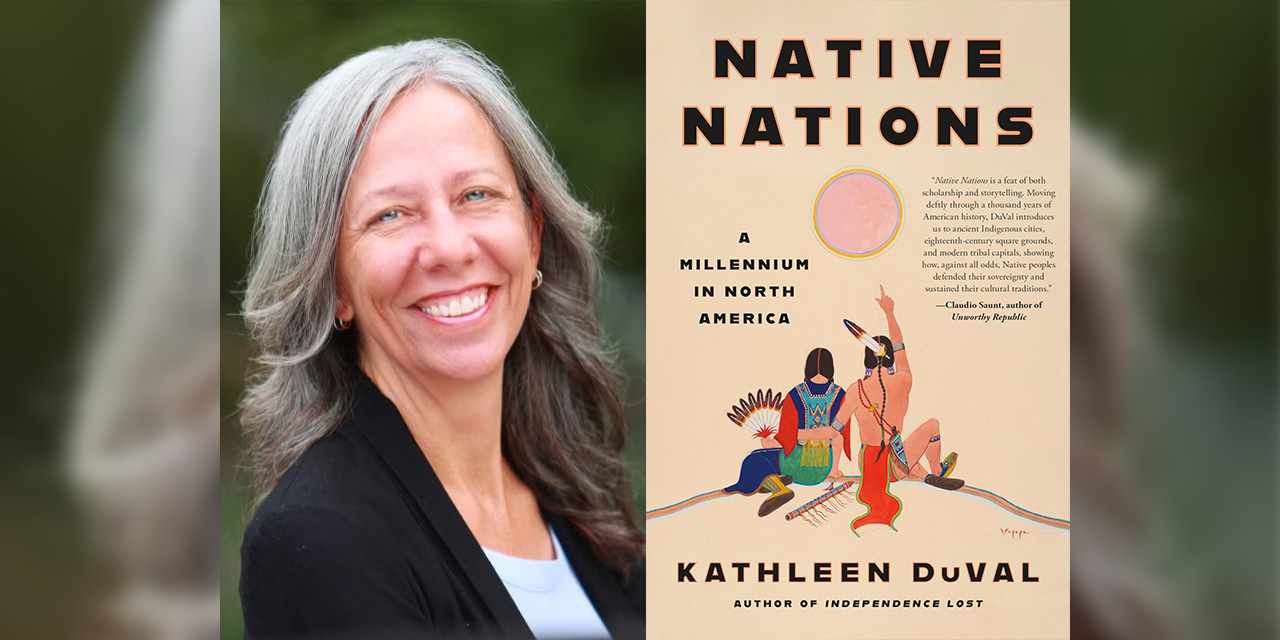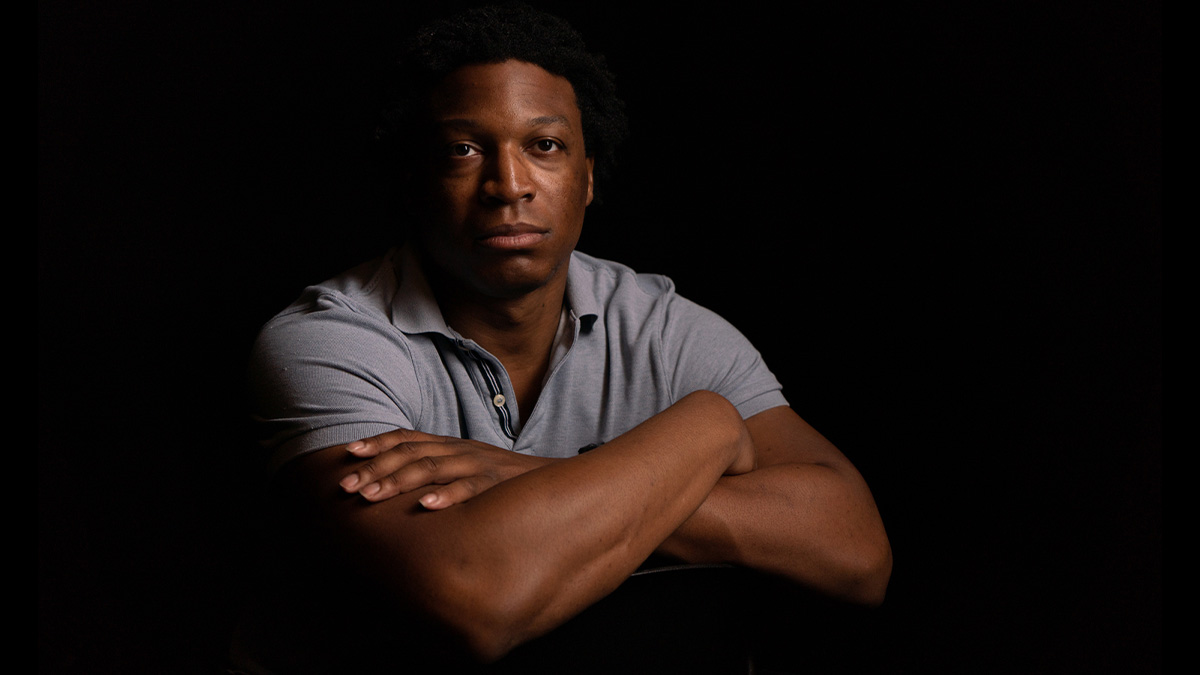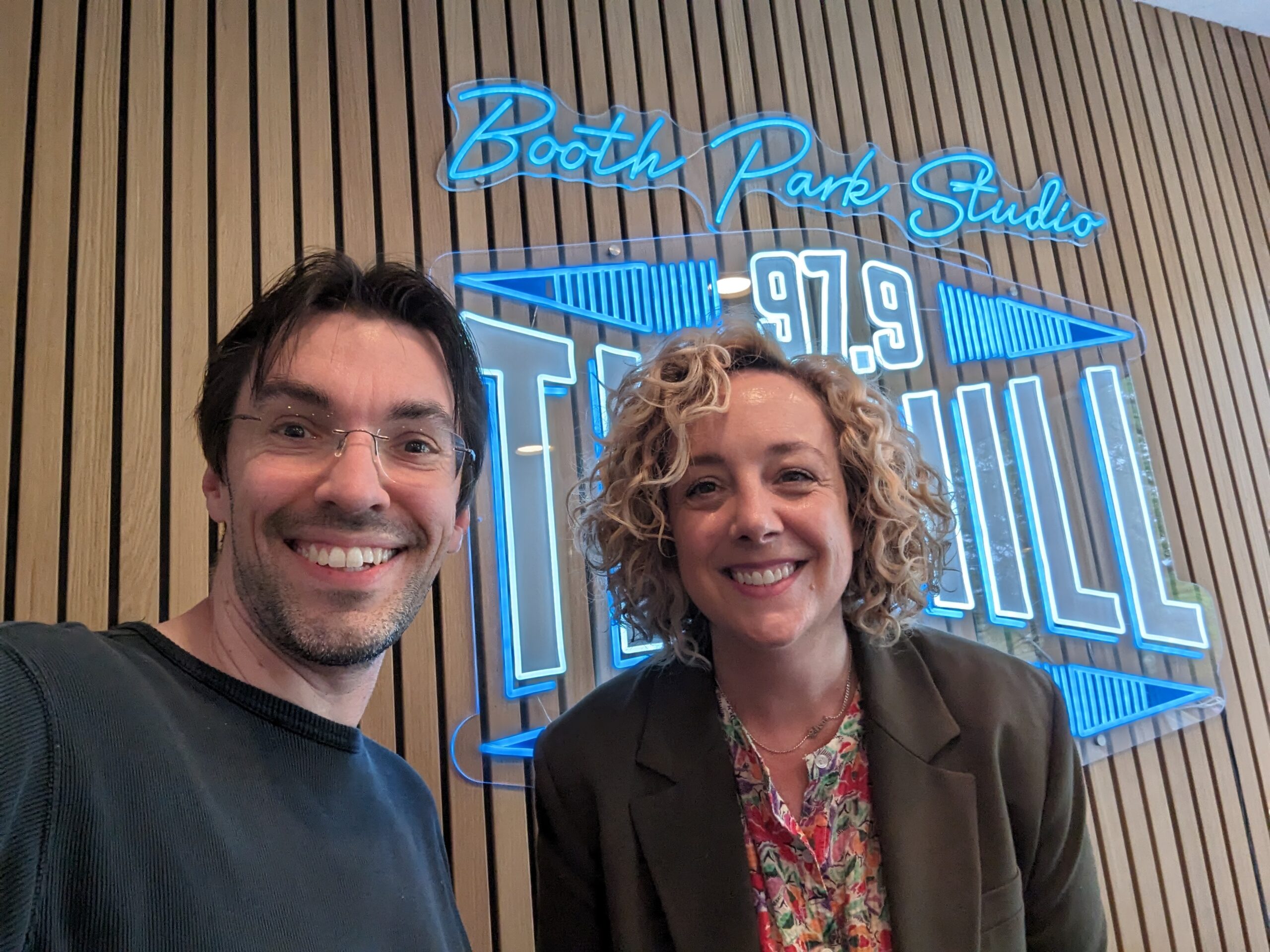As we approach the 2024 election, observers are growing increasingly concerned about a rising threat to democratic values and institutions.
When Donald Trump refused to accept his defeat in the 2020 election, thousands of his supporters violently stormed the Capitol in an effort to block the transition of power. Trump still dominates the Republican Party today, and many Trump-aligned GOP leaders have either tacitly accepted or explicitly endorsed those anti-democratic actions.
So what can Americans do, on both the left and the right, to stand up for democracy?
Shannon McGregor is an associate professor at the UNC Hussman School of Journalism and Media, and a principal investigator with UNC’s Center for Information, Technology, and Public Life. Speaking with 97.9 The Hill’s Aaron Keck, McGregor said local media may have a key role to play – and called on news outlets to frame their election coverage in terms of democracy itself.
Click here to listen to their full conversation. The transcript below has been edited for clarity.
Aaron Keck: What social-media trends are we seeing in the 2024 election?
Shannon McGregor: One of the biggest is the difference in Twitter/X, compared to the last election. Journalists and politicians are still on it to some extent, (but) it certainly doesn’t have the same centrality or power as it did. And I think we also see the increasing relevance of TikTok, (as) a way that a lot of young people are getting political information.
Keck: When it comes to misinformation and disinformation, different social media platforms have different policies. You’ve said they’re generally being rolled back today, versus 2020. How is that shaping debate?
McGregor: We haven’t seen a decrease in disinformation – in fact, recent polls suggest that more people now, as compared to 2020, believe the disinformative story that Trump actually won the 2020 election. (So I) hope a lot of these platforms put these policies back into place soon, as soon as possible. Because we see that this is still very much a political strategy – certainly by the Trump presidential campaign, but also by other down-ballot Republicans across the country as well.
Keck: Who else is in a position to do something about that, other than just the (social-media) companies themselves?
McGregor: I mean, that’s really it, right? There’s been talk about different types of legislation, but we’ve seen that not really go anywhere.
Keck: If you just had a button you could press and make The Thing happen that really moves the dial, in terms of addressing misinformation (and) disinformation – what would that button do? What’s a policy that we know works?
McGregor: Um –
Keck: Is there a policy that we know works?
McGregor: <laughs> I mean, unfortunately there’s not, right? I don’t think that having a couple billionaires making the decisions on their own is the right way to go. I also don’t think having the government make the decision is the right way to go. So it’s really complicated. (And) we see this play out on social media platforms, so that’s where it’s gotten a lot of attention – but we also have a supply side problem as well. Disinformation is not just appearing on social media platforms. (And) until we see changes in our political system – and especially right now on the right, where most of it is concentrated – I don’t know that we’re going to have any type of (effective) policy.
Keck: What has addressed or mitigated the problem of disinformation in the past? Pre-social media, pre-internet? Because we’ve had disinformation and misinformation forever.
McGregor: Right, we just called it something different – “propaganda,” for instance. I think having strong social norms reinforced around lying, especially lying for strategic gain – and we’ve had a lack of those social norms being enforced (today), especially because we are so divided around what we think is good and should be happening. It’s really hard to enforce those social norms, because there’s no widespread agreement about what they are.
Keck: What can be done to move the dial in that direction? I know there’s a lot of work on campus being done right now to promote democracy and discourse. What works?
McGregor: I think we have to have these difficult conversations at the one-on-one level – and (among) political leadership – about what kind of country we want to be in. If we truly want to be in a pluralistic, multi-ethnic, multi-racial democracy, then we have to have these difficult conversations so we can all come to some sort of broad agreement about that even (being) the goal. And then how do we get there, right? There’s always going to be disagreement about how we get there, and that’s politics – but we don’t have an agreement that that’s even the direction the country should be going. And so I think until we have at least majority agreement on that, especially at the sort of leadership level, it’s going to be really hard…
But in the meantime, I think we as individuals can have those conversations. We can continue to hold up those social norms. Someone says something racist around you, it’s okay to say, “Hey, I don’t agree with that, I don’t think we should be saying these things.” That’s difficult. It’s really hard. But I think we have to do those things. And I think those are much harder to do on social media where we lack the sort of face-to-face connection. Doesn’t mean it’s impossible, but it’s a lot harder to do. There are more constructive ways to do it than others, but I think it is important that we do make those opinions known – whether it’s at the ballot box, or in conversations with people – so we can enforce those social norms about the type of country that we want to live in.
Keck: We’ve got traditional media outlets too. What should they be doing differently, if anything?
McGregor: This is actually research I’ve been working on: how can journalists and news media cover elections, (with) the challenge of anti-democratic candidates and politicians? One of the things that I’ve been advancing is an idea of “democracy-framed election coverage.” Say a candidate repeats the lie about the 2020 election: a lot of news organizations, rightly so, will fact-check that and say “of course there’s no evidence of this and it’s not true.” That’s good and important. But democracy-framed coverage would go a little bit further, to say “…and here are the implications if a person who believes these things is elected, in terms of suppressing votes, in terms of moving us further away from democracy.” Again, those are also just facts, right? Just going a little bit further than fact-checking, to point out the democratic consequences of these types of statements.
Keck: It’s got to be difficult to move the dial even doing that, because there are so many other options for people who want a media outlet that tells them what they want to hear, right? Edward R. Murrow could do that to Joe McCarthy in the 1950s, but there were only two other TV stations out there.
McGregor: It’s certainly hard. But there are still a lot of people who listen to and watch and read their local media, and trust that media more so than a lot of national outlets. I think those are the places where it can be successful. And doing so then sets that norm within the field, right? And that can have a cascading effect. Are there some places that will never do something like that? Absolutely – but I think there are a lot more places that could engage in this kind of coverage. And I think it’s really important – if the goal of journalism is to inform people – to inform people of those democratic consequences, if anti-democratic people are kept in office (or) elected to office. I think that’s a really important part of the job, (though) I think it’s really hard because it’s different than anything we’ve faced in recent history.
Keck: Anything else that folks should know?
McGregor: If something makes you really angry or feel really good on social media, that is a sign that you should take a pause before you share it or repeat it.
Chapelboro.com does not charge subscription fees, and you can directly support our efforts in local journalism here. Want more of what you see on Chapelboro? Let us bring free local news and community information to you by signing up for our newsletter.

